
The bladder examination – what to expect
It’s natural to have reservations about getting your bladder examined. You may be concerned about the procedures, the questions asked, and even what the examination turns up. But if you know what to expect when having your bladder examined, you’re already taking the first step to regaining control over your bladder in your daily life.
This article explains how you can prepare for a visit to a urologist and discusses the various tests that may be performed. Afterwards, test your knowledge with our interactive quiz to ensure you’re best prepared for your consultation.
Prepare for your visit to the urologist
Preparation is the key for a successful urologist appointment. You can help organise your appointment with the following documentation:

List your current medications
Before the visit, make a simple list of all the prescription medications you currently take. The urologist will likely need to evaluate your medications to see if they are impacting your urinary system. Over sharing is always better than under sharing, so consider any supplements or vitamins you may also take as these may interact with medication or cause symptoms of their own.
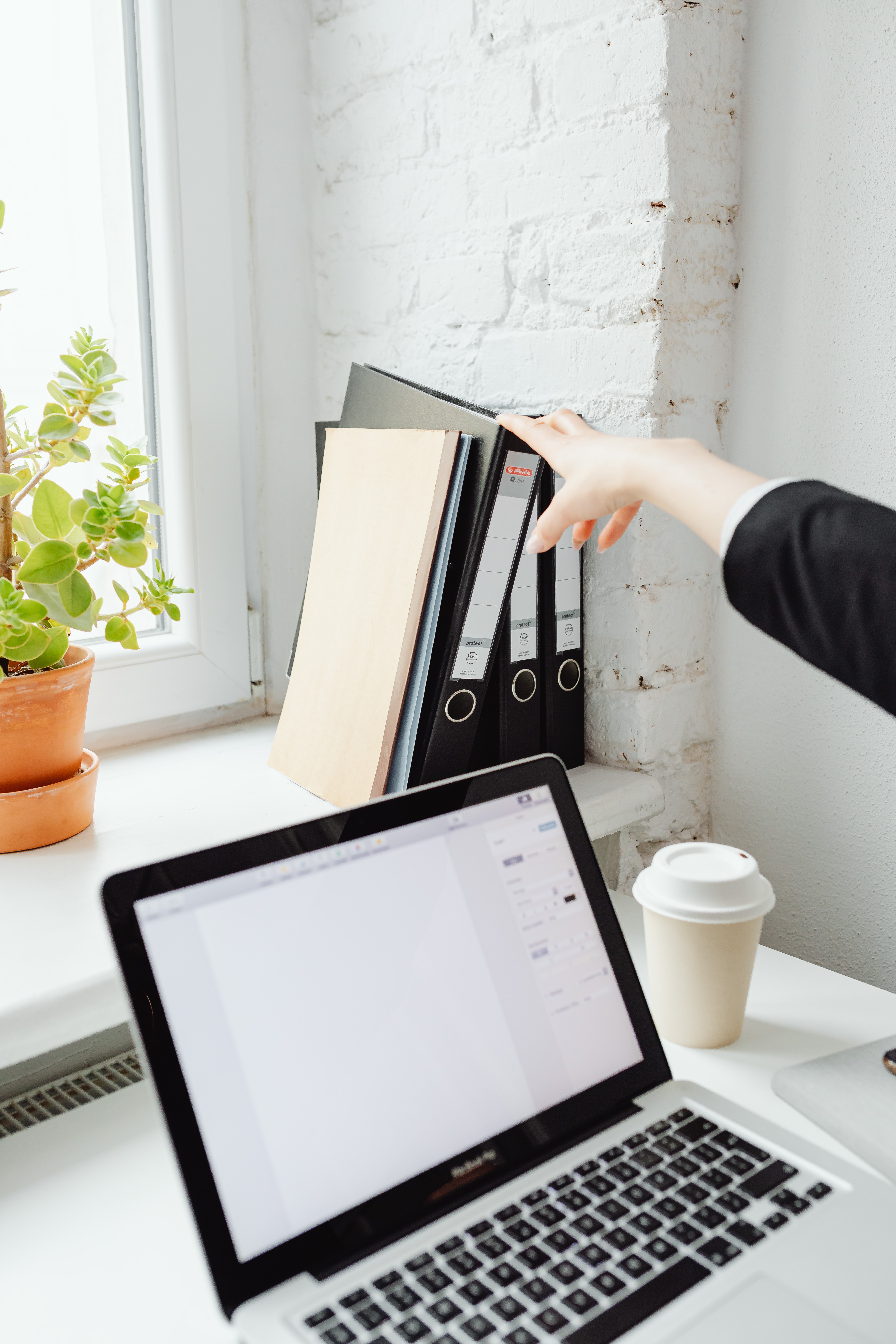
Gather your medical history
This can be a tricky one, but where possible, gather your medical history. Understanding your family’s medical history and any underlying conditions may make your appointment go more smoothly. If you can answer questions about your parents’ and grandparents’ health, this is great, if not, don’t worry. Your urologist will be able to work with you to assess your bladder symptoms.

Write down any questions you might have
It can be easy to forget what you wanted to ask if you’re nervous. Think about your questions in advance and note them down. This will give you peace of mind during your appointment, and after the fact.
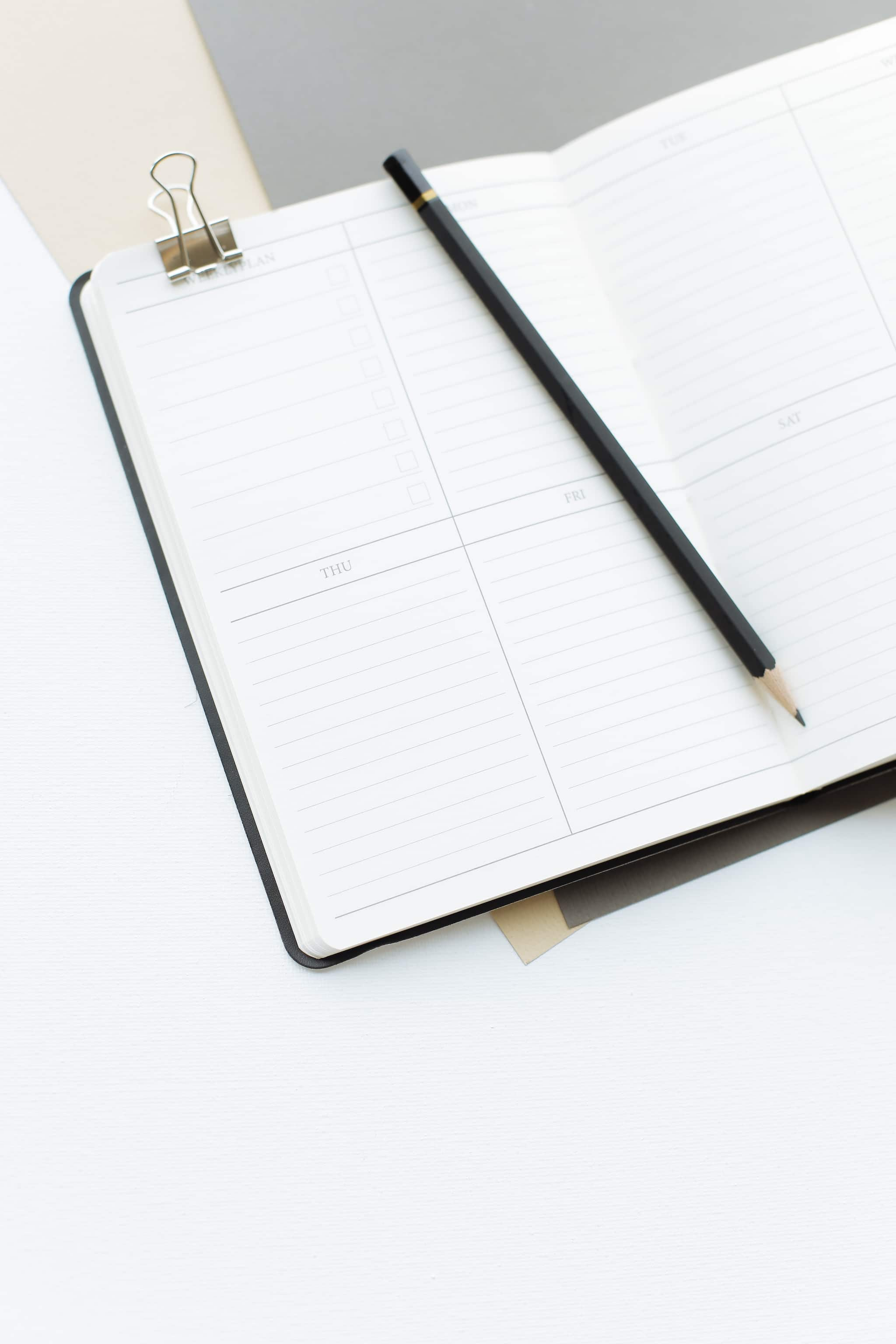
Fill out our bladder diary in advance
Fill out our bladder diary to get a true sense of your bladder’s behaviour in your daily life. If you complete this diary and can then take it with you when you go to the urologist, you can provide clear evidence of any issues you are experiencing, and they will be able to better assess your condition.
What happens at a urologist appointment?
An appointment with a urologist will always include a conversation about your symptoms. This is why it’s best to be prepared with as much information as possible and ready to describe the symptoms you’re experiencing.
If new or worsening bladder symptoms have prompted your appointment with a urologist, it’s likely you will need to undergo some tests when there. There are different tools that your urologist may use to better understand your bladder.
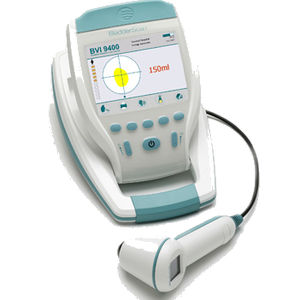
A bladder scanner
This is an ultrasound device that is used to measure the amount of urine that is left in the bladder after using the toilet. This is a non-invasive test that can be done to help diagnose urinary retention. Some urologists may also measure residual urine in the bladder with a catheter – a small tube that is passed up the urethra to drain the bladder and measure the output volume.
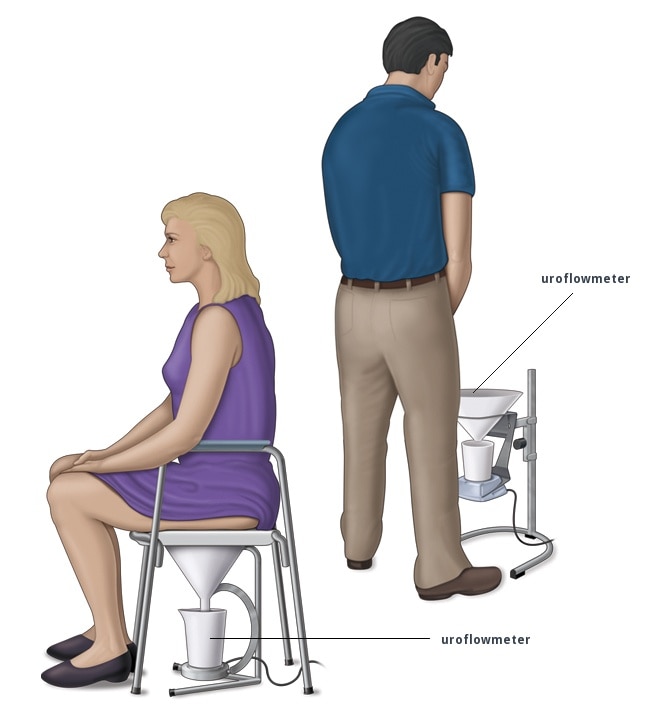
Uroflowmetry
This type of test measures the force of the urinary stream and the flow pattern. It allows the urologist to investigate flow speed and if the stream is interrupted. If your urologist is expecting to do this type of test, it is possible they will ask you to avoid using the bathroom before your appointment.
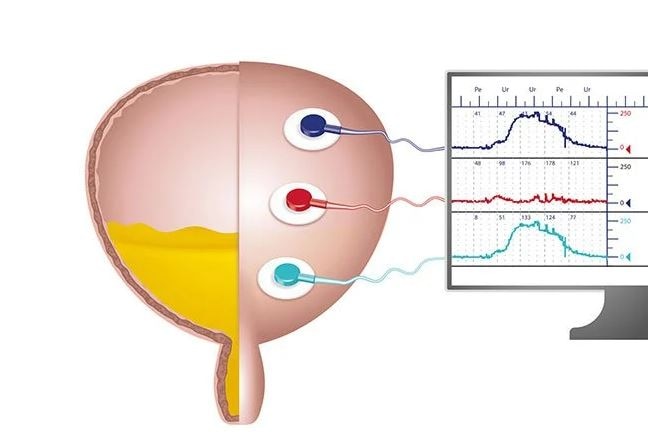
Urodynamic tests
Urodynamics is a comprehensive test where the bladder is filled with water via a catheter and electrodes are placed on the skin to monitor how the bladder works when emptying. This method is the best to diagnose the exact nature of the bladder problem.
What happens after the urology tests?
After any tests have been performed, your urologist will discuss the results with you. This will either be during the same appointment, or it may require a follow up. They will then talk about possible treatment plans for any conditions they have found.
Most importantly, they will work with you to find a solution that fits your needs and lifestyle.
